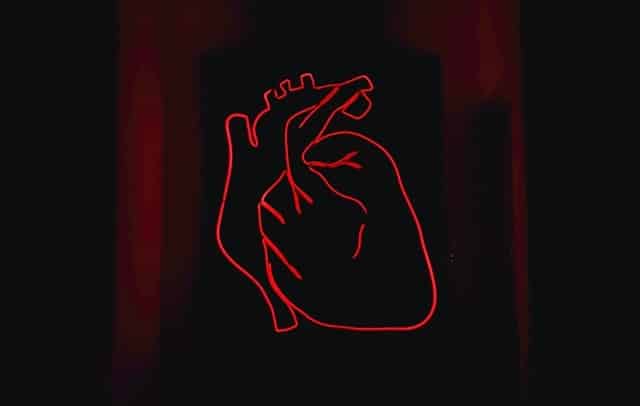Humans sense there is an intimate and important connection between the heart and the mind. But we struggle to put our finger on exactly what that connection is and how the two function together.
Really, when we are talking about the heart and the mind, we are using metaphors. It is an attempt to acknowledge that there are different aspects of who we are, distinct yet interconnected. Each has its part. Each needs the other.
So how exactly do the heart and the mind work together?
If we consider the heart as our key metaphor for feeling/emotion and our mind as the key metaphor for choice/action, we can immediately see the value of both. Some might argue the mind is more about knowledge than action, but the mind is really about making choices. It is most famous for processing knowledge, but it also processes emotions, and context, and a host of other things. All in an effort to perform its most important function: choosing to act.
So, again, if we take these considerations to be true, we can see some hints toward how they relate to one another. It is largely a matter of order.
The Feels
There is a reason we consider the heart to be the epicenter of our humanity. It is, as we’ve said, a metaphor for our emotions. In one way, our emotions are central to who we are. Albeit indirectly.

Emotions are deeply connected to our values. We do not get enraged, offended, or overjoyed at things we do not care about. An emotion is our first-alert system that lets us know something we value is at stake. It awakens us, calling us into action.
When we talk about our feelings, what we are really talking about are our values. What we value is so core and so essential to us, we are allowed the experience of emotions to provide a filter of sorts, to protect those emotions. So we get mad or happy or jealous or sad. These are gateways into the protected corridors of our inner selves. A path to our values.
These emotions let us know something we value is at stake. The tricky part is they do not tell us what value is at stake or how to properly respond. Sometimes I get happy when my values get pressed in a perverted or superficial way. Sometimes I get sad when something presses my values in a challenging way.
Emotions are important because they are letting me know it is time to get in the game. In this way, our feelings are at the core of who we are. They are always valid. We ignore them to our own detriment. Pretending not to feel is not some sort of indication of power or an ability to control oneself. It is a delusion that causes us to remain apathetic toward our values.
The Transfer
That being said, our emotions have limitations. They should not be ignored. Neither should they be worshiped. Our emotions come with some baggage. It is tempting to act in a way to appease the emotion. Which does not do the heart (the emotion) justice because it does not ask what value is being pressed (and why).
For this, it needs the mind. And this is where the magic happens. The heart transfers the data (emotion) to the mind. It is our soul’s attempt to figure things out. The natural process of things. The proper order. Our heart, when it is working as it should, says to the mind, “alright, something important is going on, what are we going to do about it?”
The Choice
It is a real challenge for the mind to take the handoff from the heart.
Why am I feeling the way I do? Why does this matter to me?
Have you ever caught yourself thinking, “why am I so worked up about this”?

Our mind is trying to process the information our heart is sending. We are working through our emotions, taking their lead but not necessarily their direction.
The mind has to work to figure out what to do. If the mind does not know what our values are, it is working from a deficit from the beginning.
The mind is never fully sure. I think that is why we like thinking of the mind as the place of knowledge rather than as the place of choice. We like the idea of surety (knowledge). We like the certainty and finality it implies.
The task of the mind is more complex and more important. It takes the emotion, processes it alongside the values it is aware of (both consciously and subconsciously), the context or information it has, and makes the best choice possible.
The more awareness the mind has, the better choices it will make. The more it is aware of how emotions work and what to do with them, the better postured we are to experience our feelings and make choices in response.




